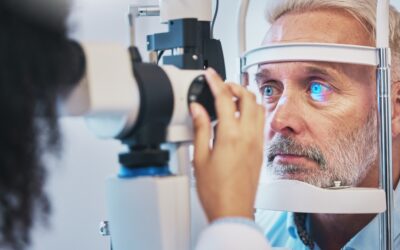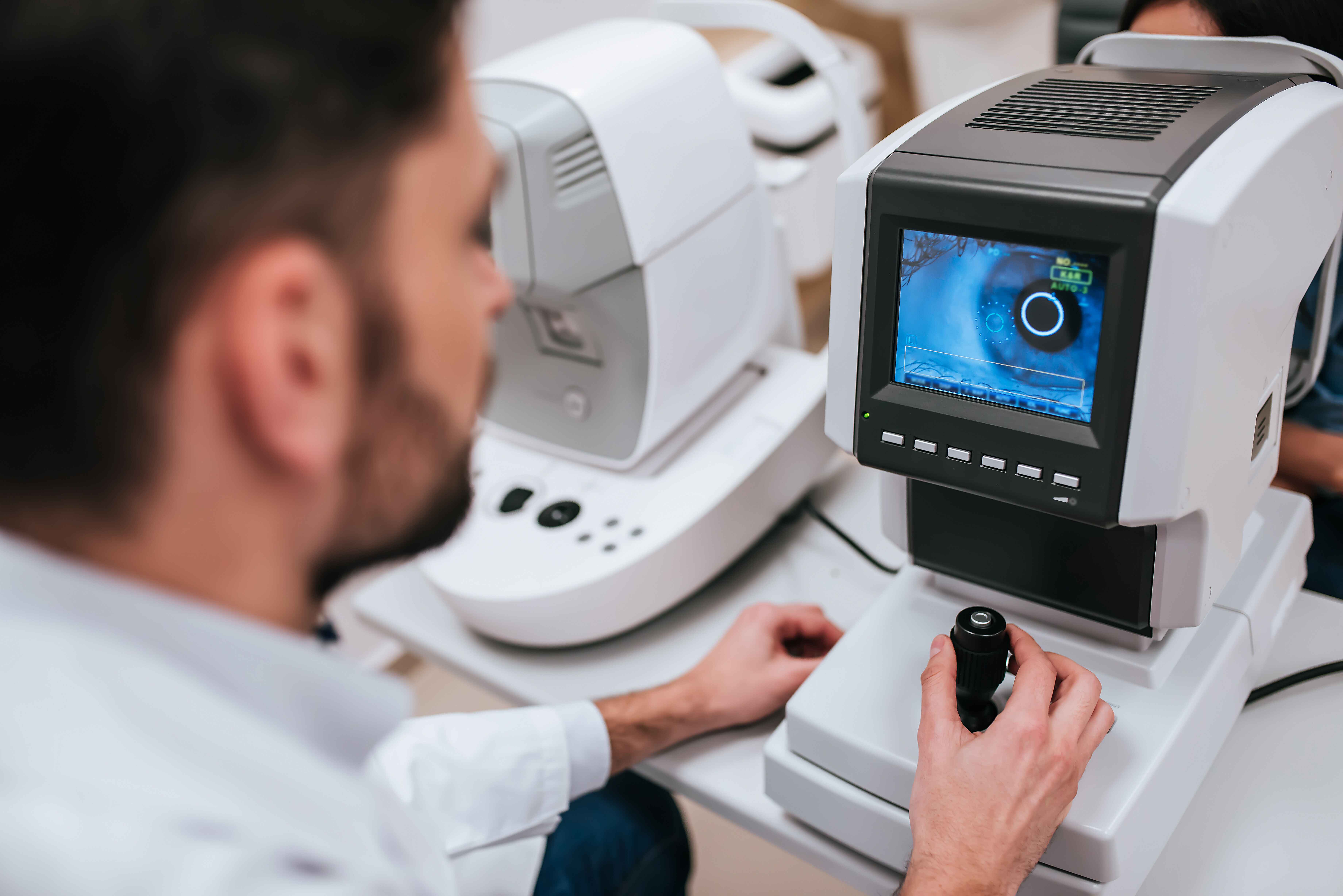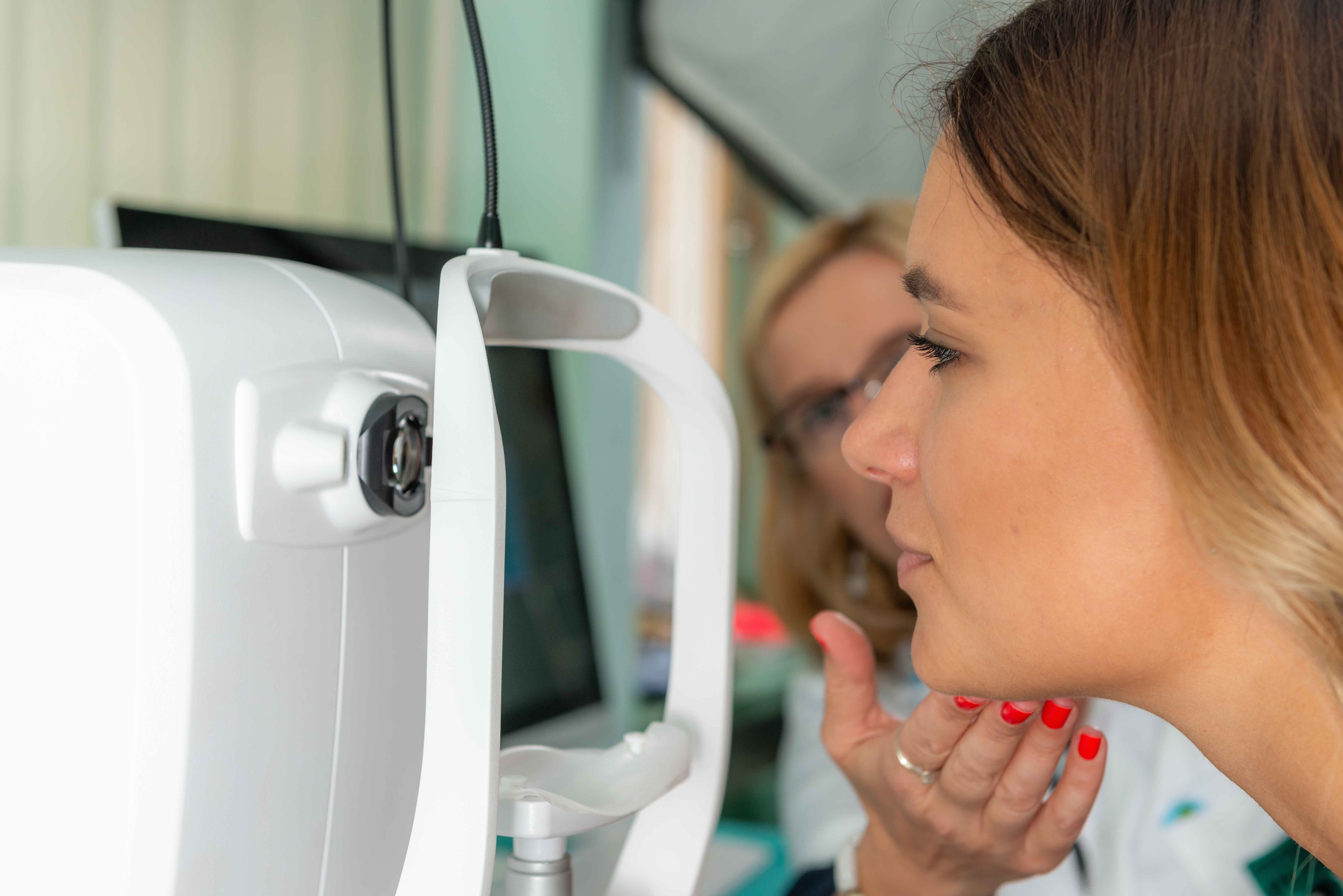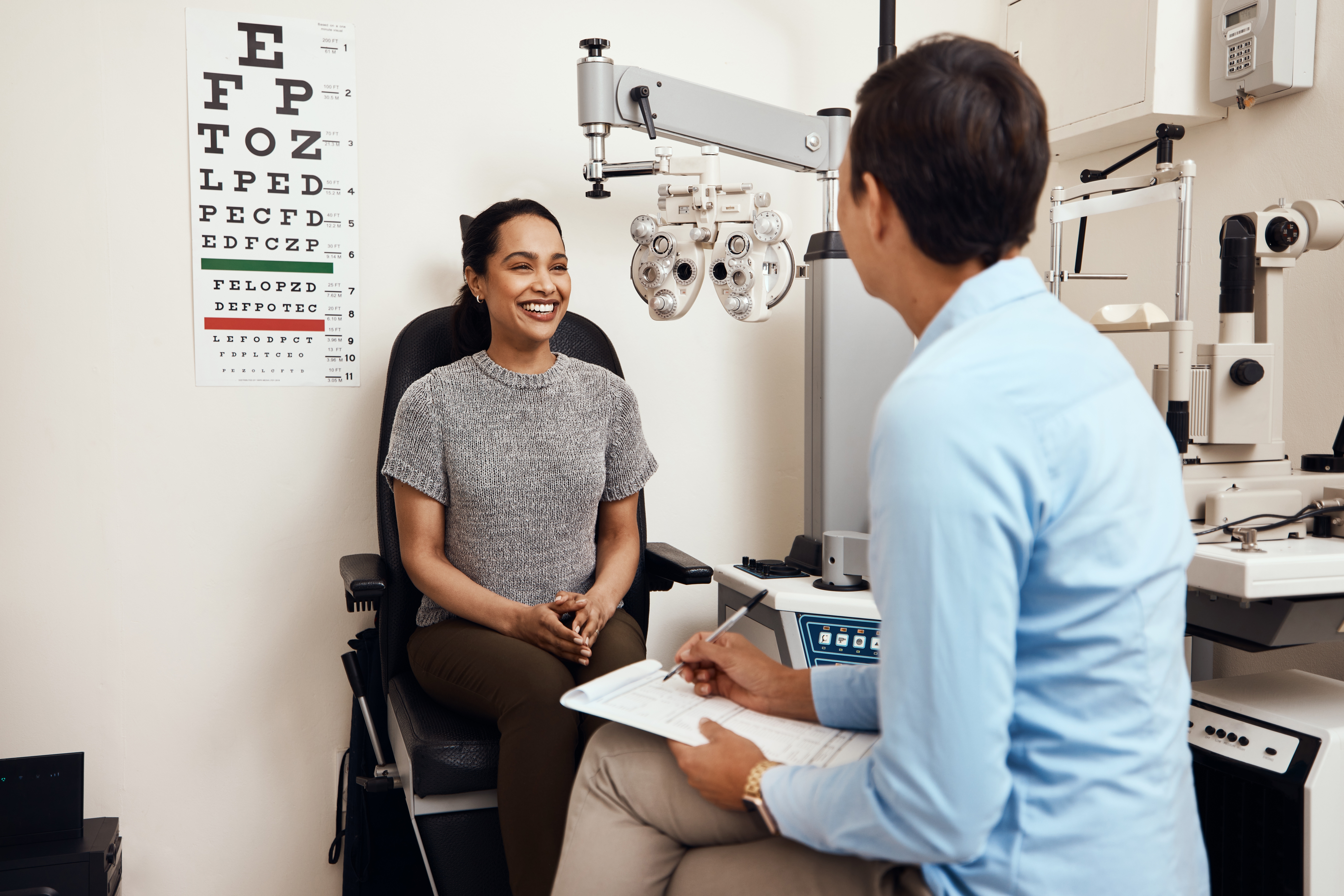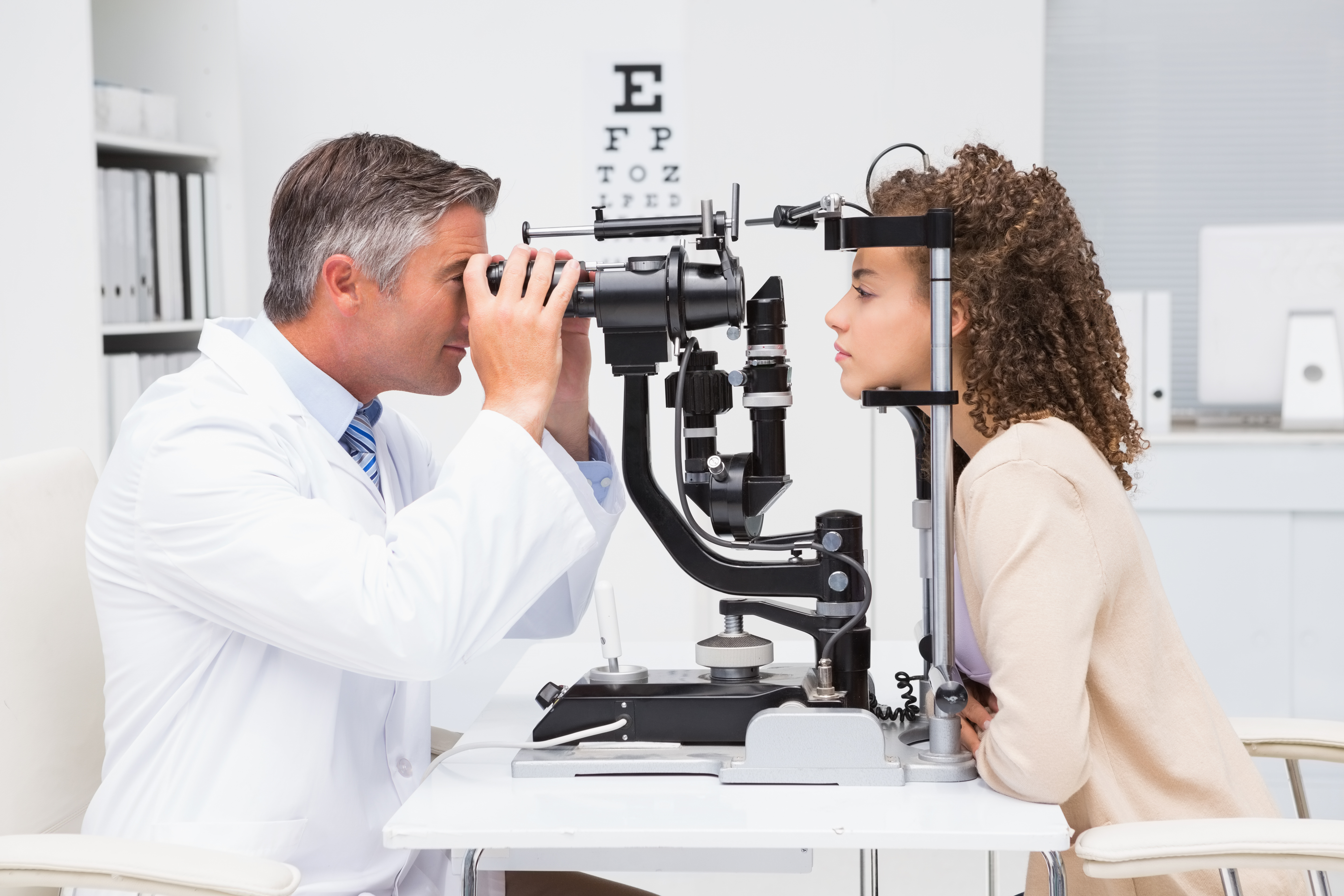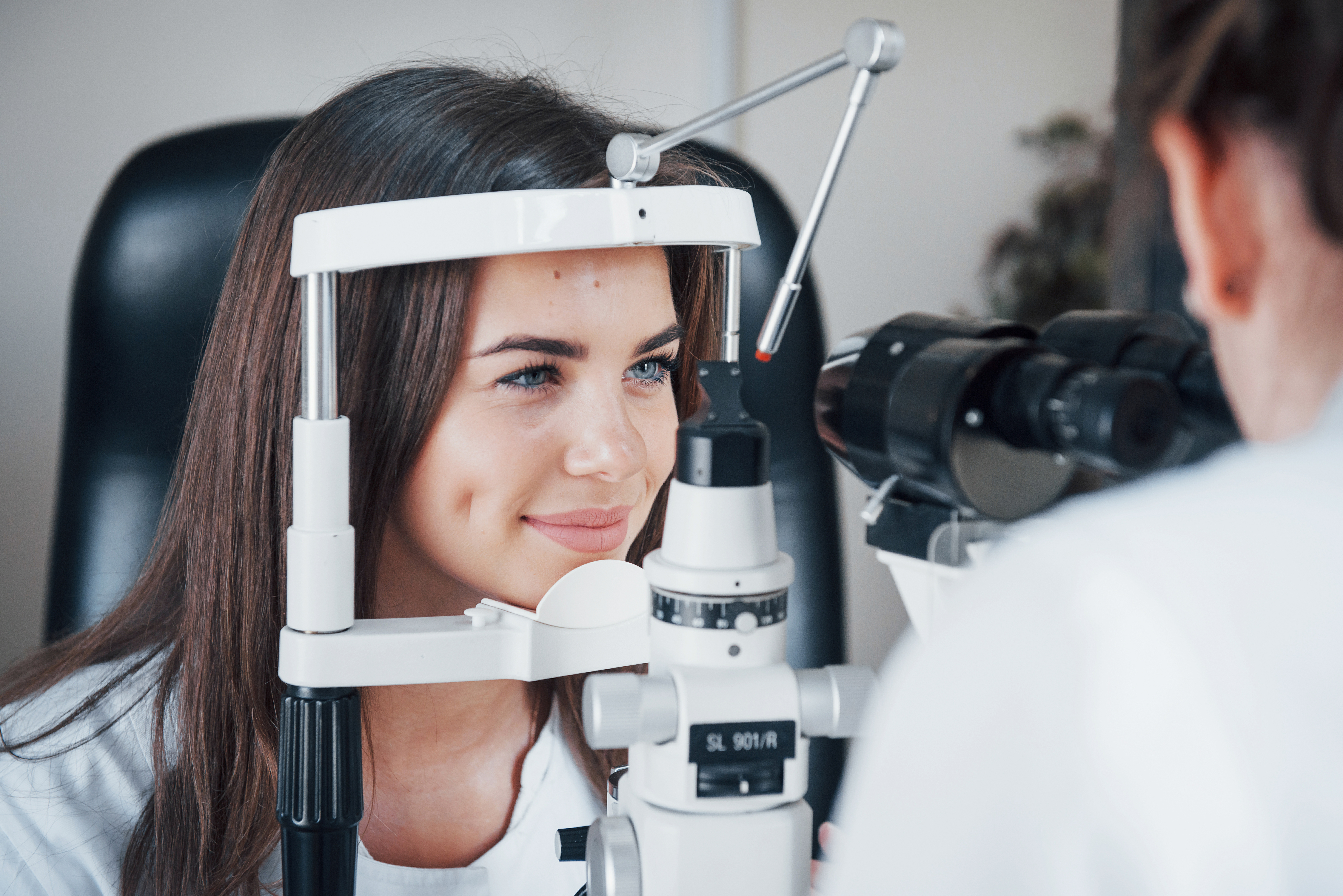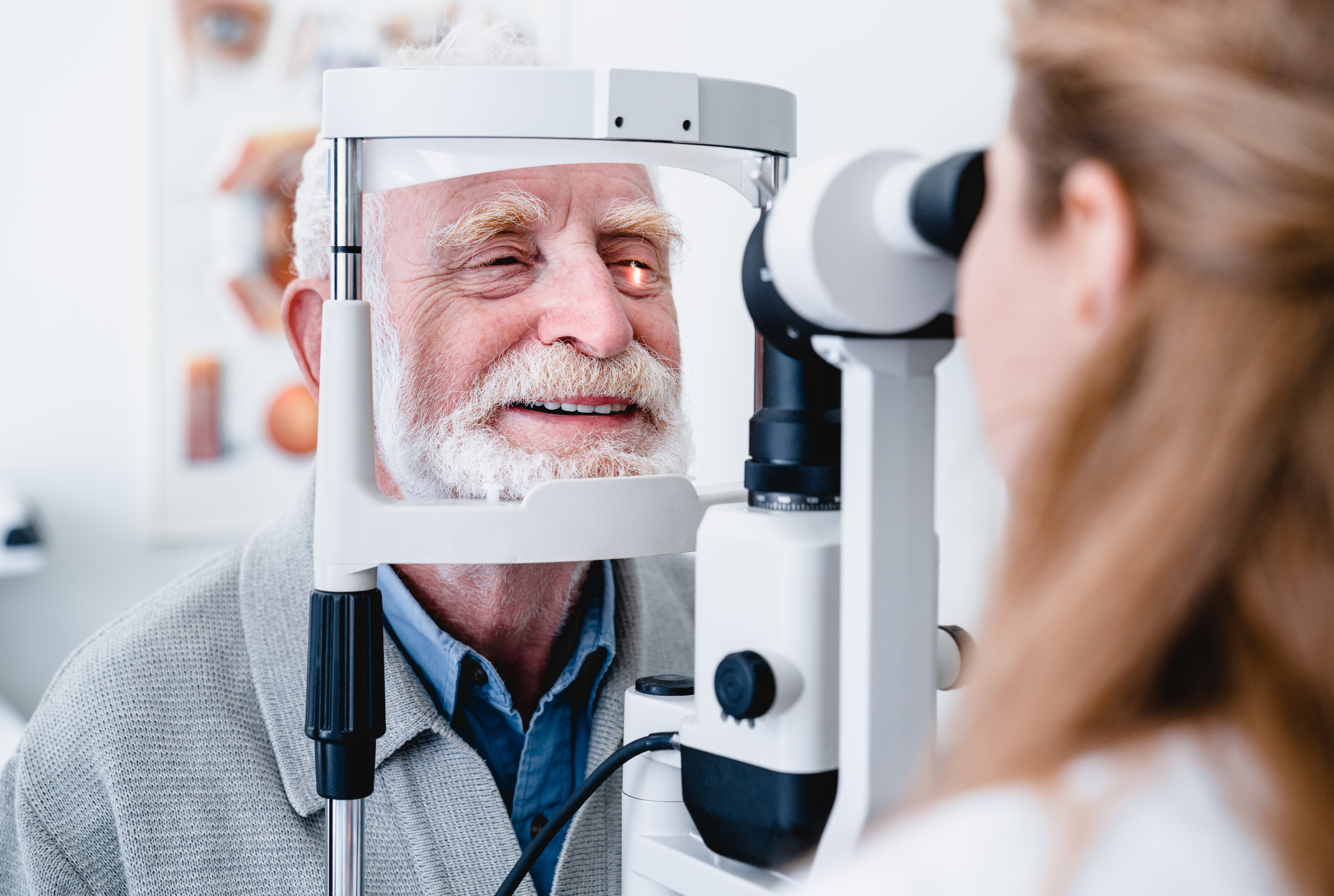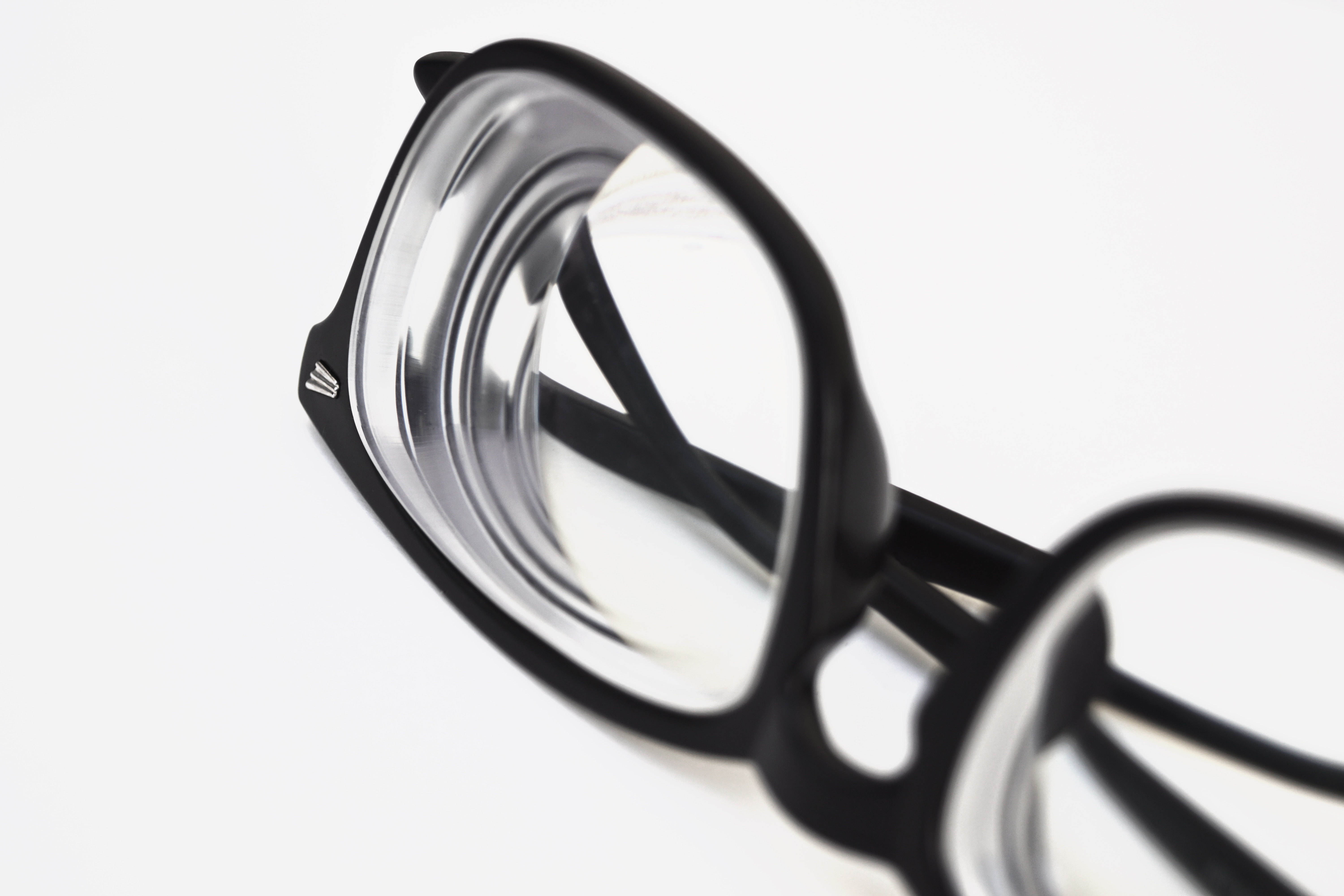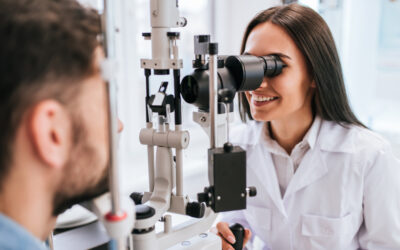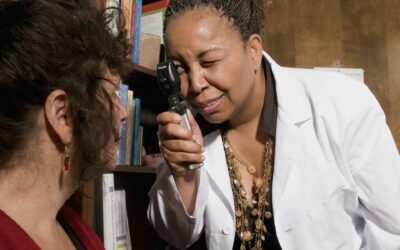Work, children, school and activities can make a person feel pressed for time and life feel hectic. People might think it’s easier to just pop into a local eyeglass store to see if they need glasses, rather than make an appointment with an eye doctor in OKC and taking the time to get a comprehensive eye exam.
However, there’s a common misconception that an eye refraction test performed in an optical store can substitute eye exams. While modern society does have great machines with accurate measurements, this substitution is not quite true.
Indeed, there are important differences between a comprehensive eye exam and a quick sight test.
Refraction test vs. comprehensive eye exam
Many people get their first simple refraction test at school. Also known as a sight test, a refraction test checks visual acuity and determines whether a person might need glasses. A school nurse performs a simplified version of a refraction test, involving an eye chart.
Eyeglass stores may offer more complex versions of these tests, in which computerized equipment checks visual sharpness and determines whether a person might benefit from prescription lenses or glasses.
However, refractive exams don’t require a licensed optometrist or opthalmologist, and as such, they don’t check eye health. The process also doesn’t involve an examination of the deeper structures of the eye. In other words, while a refraction test can suggest certain eye conditions, it is not diagnostic in nature. If a problem exists, you would need to go to a licensed eye doctor in OKC for follow-up either way.
On the other hand, a comprehensive eye examination:
- Requires a licensed optometrist or ophthalmologist.
- Checks a person’s vision and searches for a variety of eye and general health conditions. For example, comprehensive eye examinations check the pressure in the eye to make sure glaucoma is not present. They can also be the first step in detecting a number of other conditions, such as diabetes, tumors, high blood pressure and problems with the retina.
- Involves the doctor examining the lids, lenses, pupils and deep structures of the eye. An eye doctor in OKC may also check for color blindness and depth perception. One way to look at a comprehensive eye exam is to think of it as an annual physical exam you might have with your medical doctor.
While it is more time-consuming than a refraction test, there are clear benefits to getting a regular comprehensive eye exam, especially as you get older.
As an eye doctor in OKC, you can rely on Vision Care Direct
Vision Care Direct is a pre-paid vision plan owned by physicians. Our goal is to make sure that your patients have healthy eyes. We offer many different plan designs to fit a patient’s budget, and all of our plans include savings on a comprehensive eye exam. Patients can decide where to go to get their exams, and, together with you, they can decide which glasses or contact lenses to buy.
With Vision Care Direct, your patients can have access to popular features such as UV protection and no-line progressive lenses. These are included in the cost of glasses or lenses, rather than being an expensive add-on. We want to make sure your patients get the exams and supplies they need to ensure healthy eyes now and in the future.
While refraction tests are quick and easy, they can leave many stones unturned in terms of eye health. It is important that your patients get regular comprehensive eye exams – and that these exams are affordable. Vision Care Direct knows the importance of advanced eye care in Tulsa and the rest of Oklahoma. In the long run, quick and inexpensive tests can end up being costly in terms of time, health and money.
Contact Vision Care Direct to learn more about how we can help you help your patients achieve better eye health.



